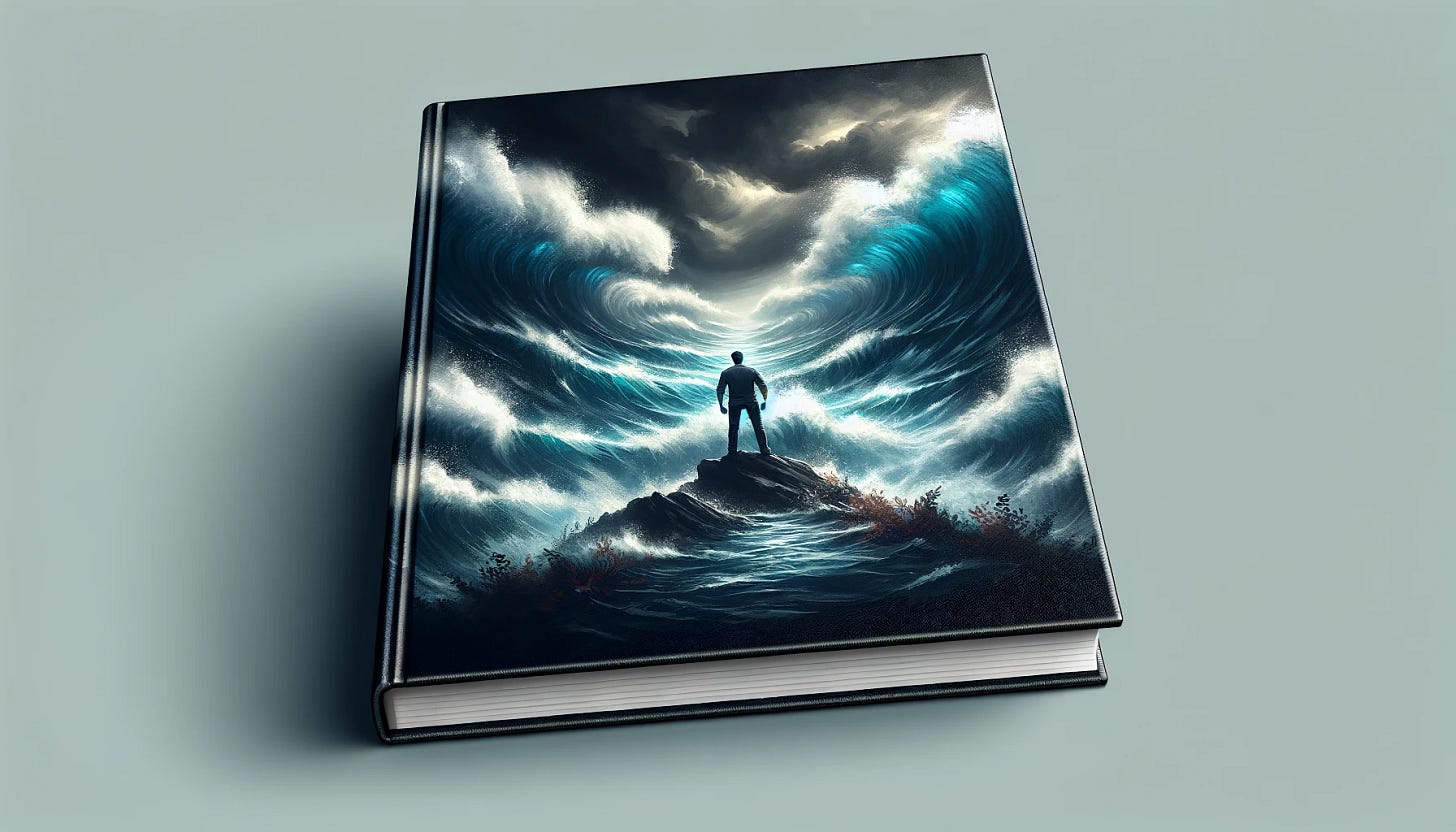Learning to Influence Our Outcomes
Combatting circumstances that are out of our control.
Every Sunday, Prompted delivers insights and prompts designed to help readers become a bit better each day.
Join 500+ ambitious and thoughtful journalers by subscribing below.
When we are no longer able to change a situation, we are challenged to change ourselves.
Viktor Frankl
All we really want in life is to feel in control.
We can achieve the same result (good or bad), but we feel exponentially better if we influence the outcome.
Even small issues are a huge problem when things feel out of our control.
Instead of saying ouch and moving on after stubbing our toe, we might explode and say “Of course! That’s just my luck”.
The longer we stay in a state of mind where everything feels out of our control, the harder it is to make an impact.
When we feel like we can’t influence our outcomes, we stop trying.
Learned Helpfulness
When someone feels like they can’t avoid bad things happening to them, psychologists call this learned helplessness.
The phrase was coined when researchers trapped dogs in a pen and shocked them through the floor with nowhere to escape.
They did this several times before opening a new section of the pen that wouldn’t shock the dogs so they could escape, but the damage had been done.
The dogs had learned they couldn’t escape the shocks, so even when they could escape, they remained helpless.
Learned helplessness is an insidious barrier that prevents us from taking control of important aspects of our lives because we have concrete evidence that things are in fact out of our control.
However, even though our previous experience is true and the circumstances were completely out of our control, we need to remember that circumstances change and we will always have the power to change ourselves.
We can also remove ourselves from environments that are out of our control and put ourselves in new environments where we can influence our outcomes.
Turning Inward
When things feel out of control, it’s worth peeling the layers back to understand if our assumption is correct and evaluate our options.
First, we need to figure out if we’re truly stuck in our situation. Many of the situations we feel trapped in are created in our minds, not by the circumstances around us.
If we eliminate the possibility that we’re restricting ourselves, then we can evaluate if we can change those circumstances or if we’re truly trapped in a bad situation.
If we’re trapped in a job where we have no control, then we can look to find a new one. If we’re surrounded by people who pull us into bad decisions, we can find new people to spend time with or move to a new city.
If we can eliminate these two possibilities, we’re trapped in an environment where we cannot influence our outcomes.
In this case, the only thing we can do is turn inward.
If we don’t have an edge we need to create one. We need to create leverage.
We need to change something about ourselves to regain control.
We can improve ourselves to influence what was previously out of our control.
The last thing we should do when we feel trapped is give up.
As soon as we succumb to learned helpfulness the barriers in our way are fortified by our own behavior making it harder and harder to escape.
If we can’t take control through new framing or moving to a new environment, then we have to take control by working on ourselves.
Prompts
Where in your life do you feel like you have no control over the outcomes?
Are there ways you can reframe the situation or remove yourself from the circumstances entirely?
What do you need to work on improving to create leverage and regain control?
Deep Dive
Man’s Search for Meaning - Viktor Frankl
A moving book demonstrating the power of focusing on what you can control.
Thanks for reading! I’ll see you next Sunday.
Kevin



